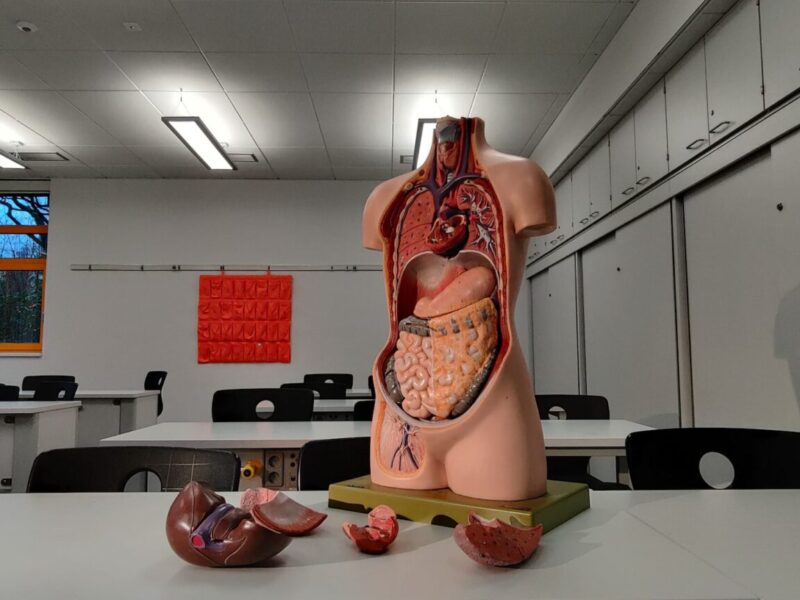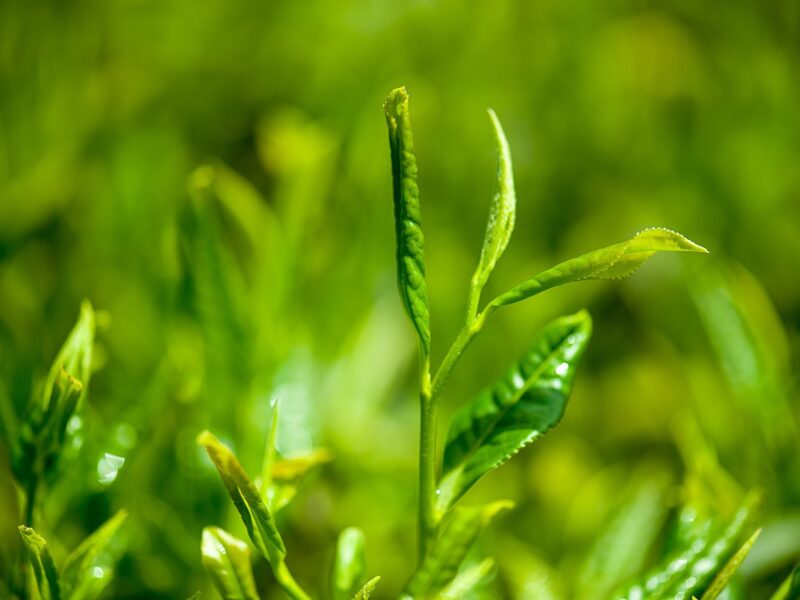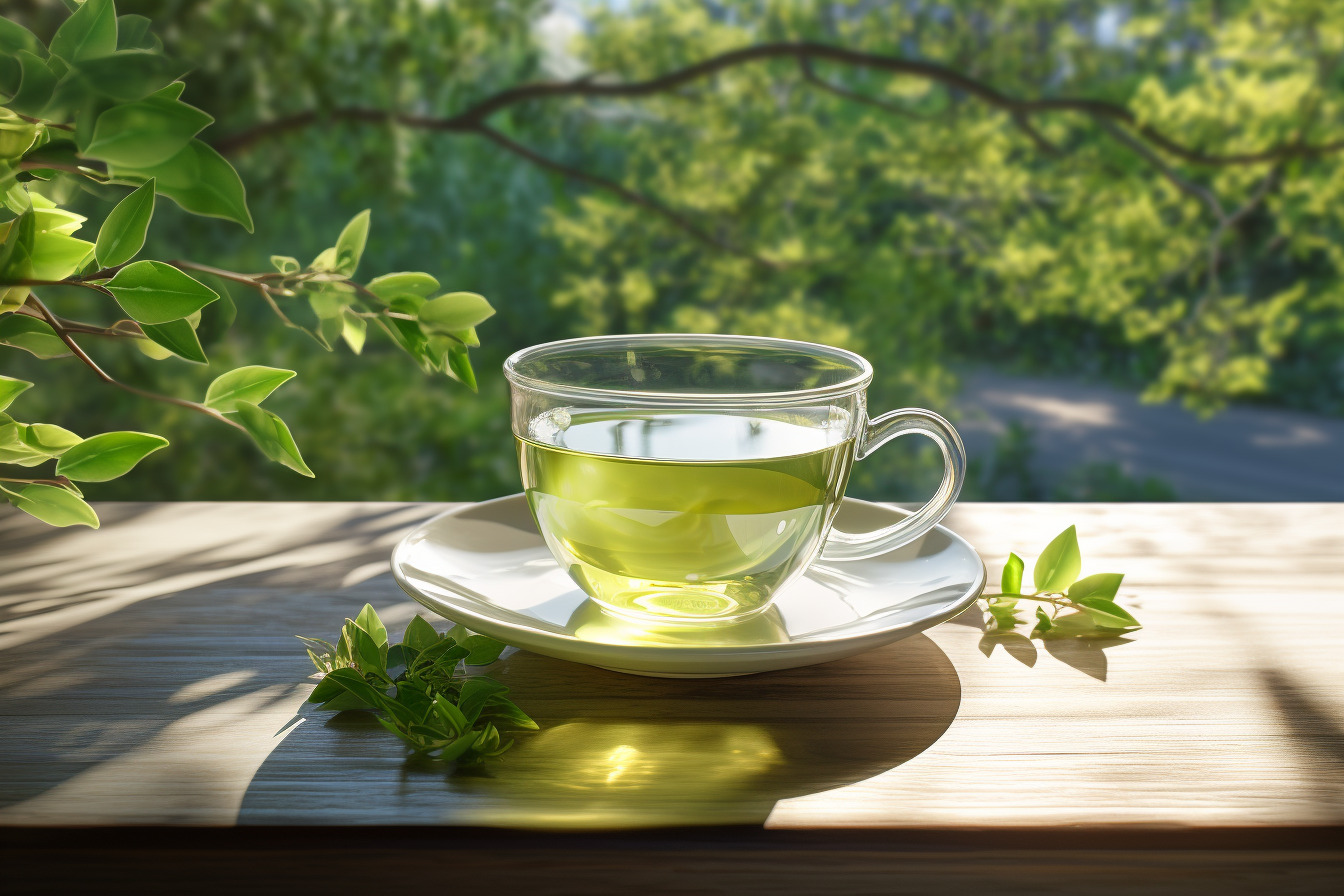Introduction to Green Tea Extract and Its Health Benefits
Well, pull up a chair and let’s chat about this seemingly magical elixir known as green tea extract. Ah, green tea, that much-loved, steaming cup of healthful goodness that’s been all the rage from eastern traditions to western coffee shops, not just for its soothing taste but for its numerous health benefits. High-fives to that! But let’s cut to the chase, shall we? It isn’t just about the zen-like calm that afternoon tea sessions offer, but the extract derived from it, often used as a dietary supplement, is standing tall in the limelight for keeping quite a few health troubles at bay, primarily liver disorders. Don’t judge a book by its cover though, because this unassuming green fluid is packed with compounds called catechins, especially EGCG, that are powerful antioxidants. Taking green tea extract, either through daily tea rituals or supplements, could be your ticket to better health. Goodness gracious me!
It’s been touted as beneficial for myriad health issues, but where it seems to shine brightest is in the domain of liver health. Regular green tea consumption has been linked with improved liver enzyme levels, signifying better liver function. In more layman’s terms, it’s like the liver’s “Keep Out” sign for potential problems. It appears to have a beneficial effect in reducing the risk of nonalcoholic fatty liver disease, a condition more common than you’d expect where excess fat builds up in the liver. Just a word of caution, like anything else in life, too much of a good thing can also be bad. So, while you enjoy your “cuppa”, remember high doses could potentially bring on acute liver injury. “All Things in Moderation” should be our watchword here, thank heavens for the Minnesota Green Tea Trial that showed us, no severe liver injuries were associated with a moderate amount of green tea consumption.
So here’s the kicker, incorporate green tea in your routine, but don’t overdo it. An occasional “cheers” with your green tea mug not only can improve your general well-being but enhance liver function, giving a tough fight even to chronic liver disease. How’s that for kicking liver disease right in the teeth?
Understanding the Importance of Liver Health
When it comes to the nitty-gritty of maintaining hale and hearty health, most folks might overlook the significance of keeping ol’ Mr. Liver in tip-top shape. Oh boy, believe you me, liver health isn’t just another cog in the machinery of wellness, it’s the very heartbeat that keeps the gears churning smoothly. A hitch in its giddyup, symptomatic of liver damage, could throw the entire show out of whack. If you’re used to living high off the hog and not minding your p’s and q’s, adverse effects, including those doughnut-like signs of liver damage might just creep up on you. These rusty-red signals range from liver toxicity and abnormal liver function to worse turns of events such as acute liver failure requiring transplantation. Let’s face it, a dodgy ticker or lung is one thing, but a spluttering liver? That’s a whole new kettle of fish!

Now, at the risk of sounding like your grandma on her soapbox, I have to let you in on a little secret – the magic potion that very well might be the ace up your sleeve in maintaining liver health, and I’m not just whistling Dixie here. Drinking green tea, brimming with antioxidant-rich catechins, can be as good for your liver as a stint on Easy Street. The effect of green tea on liver function has bamboozled even the wonkiest eggheads at the drug-induced liver injury network.
They’ve found green tea exhibits some seriously nifty liver-saving properties, helping to dull the sharp teeth of drug-induced liver injury, oxidative stress damage, and even severe fatty liver disease! However, don’t get too gung-ho, chugging down gallons of this emerald elixir like there’s no tomorrow. Too much of a good thing, like high doses of green tea or green tea supplements on liver health can backfire, inducing liver injury rather than staving it off.
So, tread carefully and stick to a couple of cups of green tea per day, or God forbid, you might end up out of the frying pan and into the fire! It’s all about that golden mean, just as true for tea as it is for life! Enjoy your brew and ensure, alongside, that ye olde liver remains as sturdy as an oak.
How Green Tea Extract Can Help Prevent Drug-Induced Liver Injury
Well, ain’t this a pickle? I bet you’re scratching your head thinking, “Green tea? I thought that was good for me!” and rest assured, darling, it truly is. However, it’s not all unicorns and rainbows when it comes to excessive consumption of green tea, especially in the form of green tea extract supplements. Regular, moderate green tea ingestion in the form of tea infusions or green tea beverages, can be a hunky-dory part of a healthy lifestyle. But, taking a weight loss supplement containing green tea extract, especially on a high-dose green, might just be biting off more than your liver can chew.
Let’s take a gander at some reports of liver injury associated with green tea. There’s a reason that “too much of a good thing” is a tried-and-true idiom. The high dose of green tea extract found in some supplements can instigate liver enzyme changes that tip the scales from beneficial to harmful effects. All of a sudden, that pattern of liver protection given by green tea catechins starts to look more like risk of liver injury induced by the very same substance. It’s like baking brownies – a pinch of salt enhances the flavor, but dump in the whole shaker and you’ve just got a hot mess on your hands! The case reports of liver injury from herbal or black tea, including green tea, show potential liver damage caused by over-consumption. So be a smart cookie, and remember that green tea is a popular and healthful beverage, but all things in moderation!
Case Studies of Green Tea Extract Mitigating Drug-Induced Liver Problems
Bloody heck! You know, every dog has its day and for some unfortunate individuals, that day comes with a side of drug-induced liver injury. A nasty business, that. As slippery as an eel, this menace holds a grudge especially against those having a history of liver disease. The situation can escalate quickly, even requiring liver transplantation in the direst of cases. Liver enzyme elevation, one of the key markers of liver damage, seems to add more wrinkle to this frown. But don’t throw in the towel just yet! Turns out some everyday items in our kitchen might have an answer – green tea to be precise.
Now pump the brakes and hold the horses, I know what you’re thinking, “Green tea? For liver issues?” Well, studies have shown that the catechin in green tea aka EGCG, found profusely in green tea extracts and to some degree in oolong tea, may have a calming effect on liver injuries. Heck, even the usage of green tea supplements on liver enzyme elevation has shown signs of abating the issue. Who would’ve thought, right? The twist here is, not all varieties of green tea are produced equally; certain types of green tea products may indeed cause liver injuries as they are known to be associated with liver problems.

However, the balanced administration of green tea extract and exercise has shown substantial reductions in cases of green tea-associated liver injury in humans. Sounds almost like a magical elixir, when consumed mindfully. So, going green might just be what the doctor ordered for halting drug-induced liver damage in its tracks. The catch, though, is to be aware of what one’s sipping – every bit as important as taking one’s “green tea daily.”
Conclusion
In conclusion, drug-induced liver injury is a significant health risk which has seen an uptick in cases of liver damage due to various medications and substances taken. Specifically, the use of green tea has come under scrutiny in relation to its potential adverse impact on the liver. Numerous scientific studies have assessed the correlation between tea and liver health, with a spotlight on the component “green tea,” or more specifically, the catechin EGCG found in green tea. This powerful antioxidant, despite its known health benefits, may, according to some studies, contribute towards liver injury when consumed in excessive amounts. Recent patterns have shown an unexpected rise in green tea cases, where individuals have reported liver-related issues. The effects of green tea consumption are still under investigation, as the evidence remains somewhat conflicting. While green tea is praised for its numerous health benefits, it is important to approach consumption with a sense of moderated approach, particularly for individuals with pre-existing liver conditions, to safeguard against any potential detrimental effects. Therefore, further research is crucial in future studies to definitively establish any substantial links between green tea consumption and liver injury.

FAQ’s:
Q1. Does green tea extract support liver health?
A1. Yes, green tea extract has been shown to support liver health.
Q2. What are the effects of green tea consumption on liver health?
A2. Studies have shown that green tea consumption can have positive effects on liver health, including reducing the risk of drug-induced liver injury and cases of liver disease.
Q3. What is EGCG in green tea?
A3. EGCG (epigallocatechin gallate) is a polyphenol found in green tea that has been shown to have antioxidant and anti-inflammatory properties, which can help support liver health.
Q4. Is there a link between tea and liver health?
A4. Yes, studies have shown that green tea consumption can have positive effects on liver health, including reducing the risk of drug-induced liver injury and cases of liver disease.
Q5. What are the benefits of using green tea extract?
A5. Green tea extract has been shown to have antioxidant and anti-inflammatory properties, which can help support liver health.
Q6. Are there any cases of green tea helping with liver health?
A6. Yes, studies have shown that green tea consumption can have positive effects on liver health, including reducing the risk of drug-induced liver injury and cases of liver disease.
Q7. What are the potential risks of green tea consumption?
A7. While green tea consumption has been shown to have positive effects on liver health, it is important to note that overconsumption of green tea can lead to potential side effects, such as nausea, headaches, and insomnia.



 Green Tea Extract And Cancer Prevention
Green Tea Extract And Cancer Prevention
